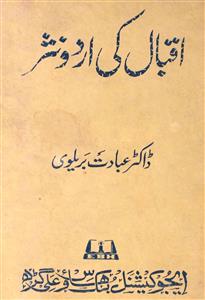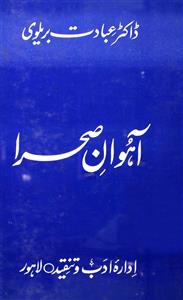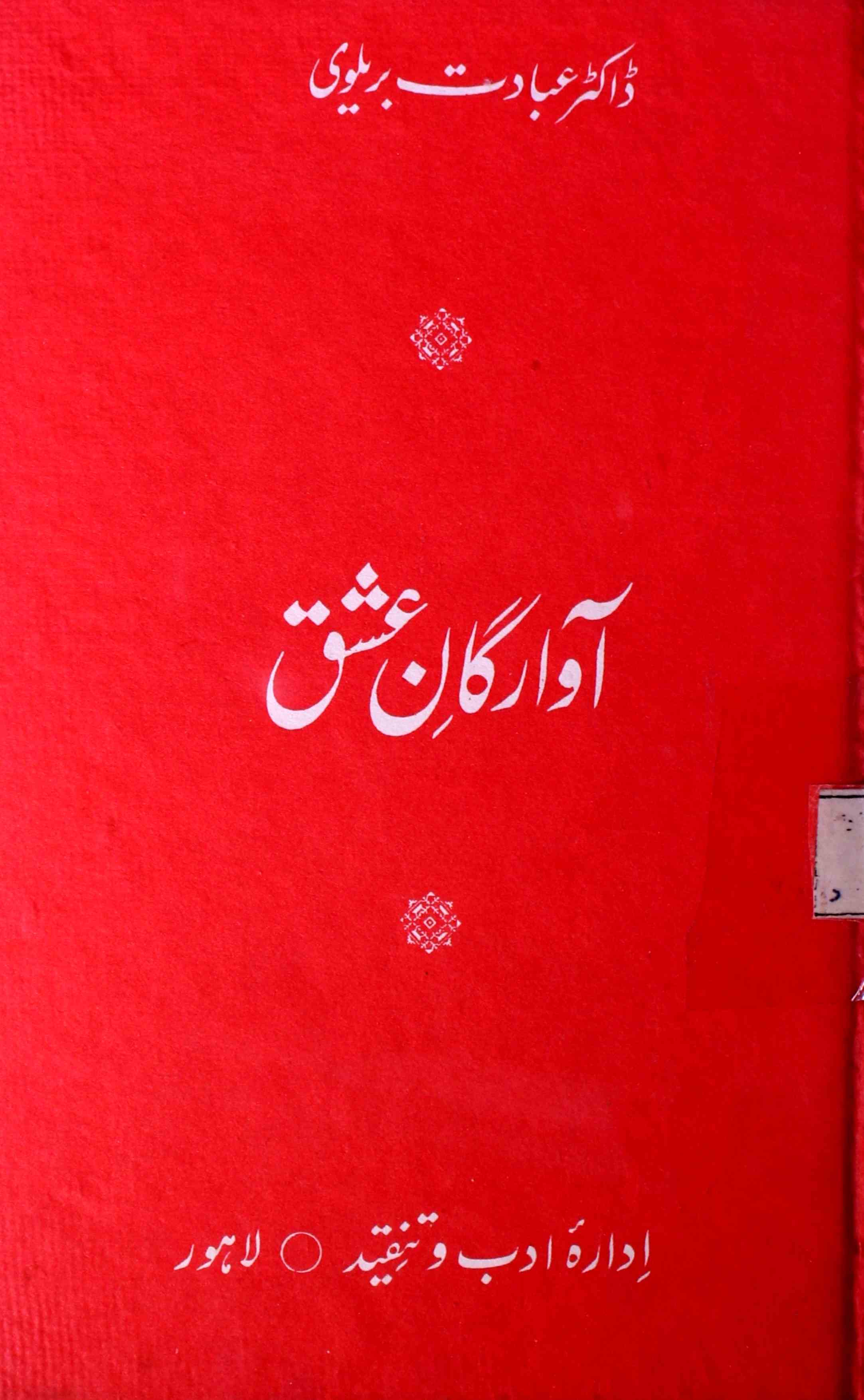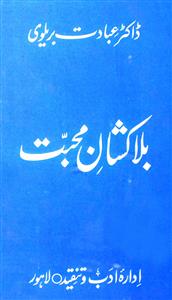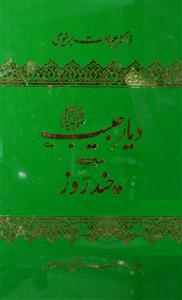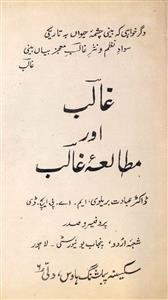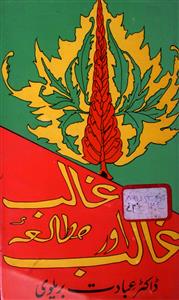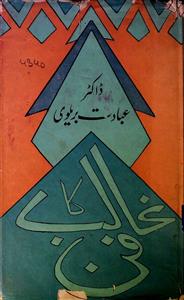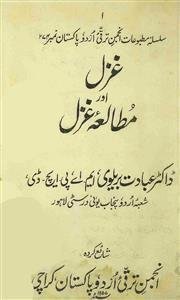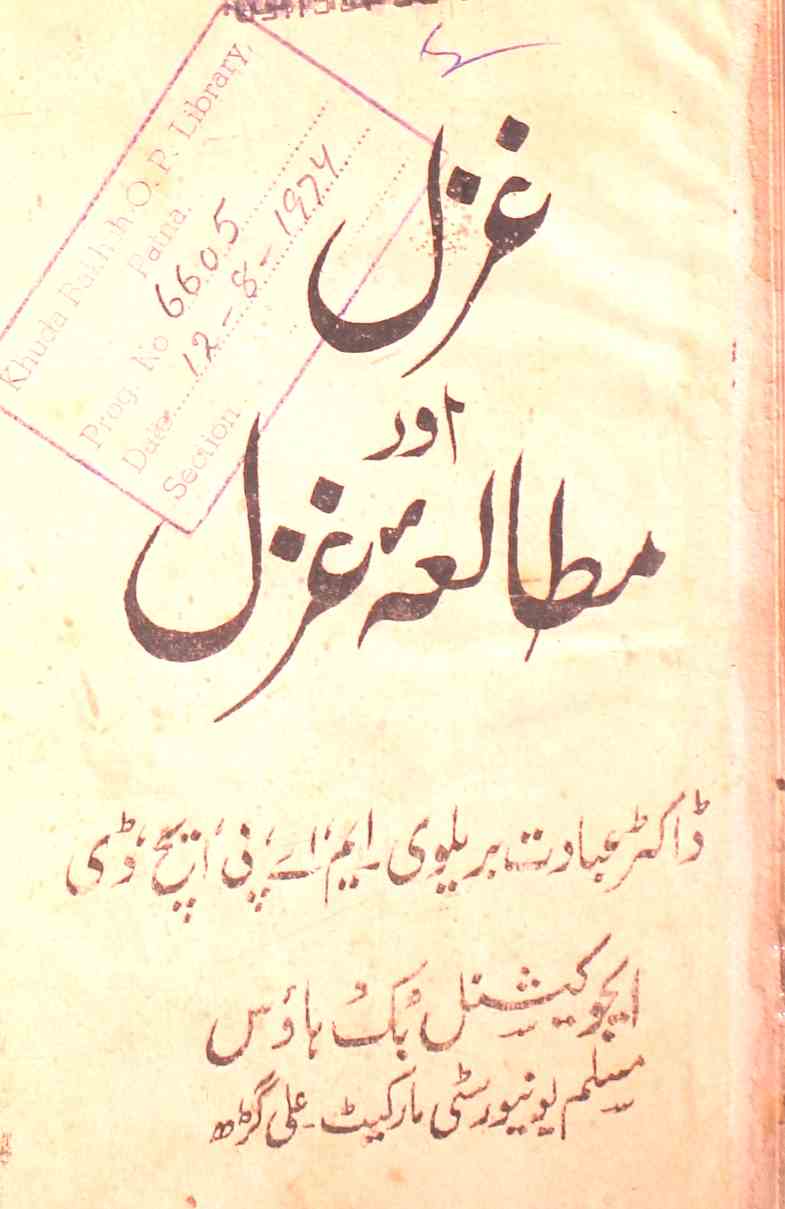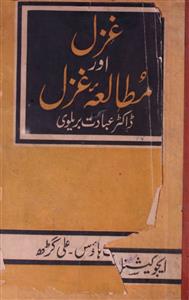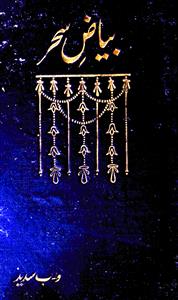 For any query/comment related to this ebook, please contact us at haidar.ali@rekhta.org
For any query/comment related to this ebook, please contact us at haidar.ali@rekhta.org
About The Book
شاعر مشرق علامہ اقبال نے اپنے کلام میں زندگی کے ہر پہلو کی ترجمانی کی ہے۔انسان بالخصوص مومن کوبلندی سے ہم کنار کرنے کا ایک مکمل لائحہ عمل پیش کیا ہے۔انھوں نے فلسفہ ،اسلامیات،بین الاقوامی سیاست،ملکی و غیر ملکی معاملات،عشق رسول ﷺ،مسلمانوں کا عروج و زوال وغیرہ ہر موضوع کو شاعری میں پیش کیا ہے۔ہند کی سیاسی ،معاشرتی، تہذیبی اور اقتصادی مسائل کو سلجھانے اور خاص کر ہم وطنوں میں قومی و ملی جذبہ کو پروان چڑھانے میں کلام اقبال نے اہم کردار اداکیا ہے۔اس میں شبہ نہیں کہ وہ سب کچھ ان کی شاعری کی ساحری ہے،لیکن ان کی نثر نگاری بھی اس اہم کام میں اہمیت کی حامل ہے۔ان کی نثر ہزاروں صفحات پر مشتمل ہے ۔جو اس عظیم شاعر کی شخصیت کا آئینہ ہے۔بے شک اقبال نے نثر میں باضباطہ کتابیں نہیں لکھی لیکن ان کی نثر مضامین اور مقالات کی صورت میں محفوظ ہے۔جو مطالعہ اقبال میں اہمیت کی حامل ہیں۔اسی لیے اس کتاب میں عبادت بریلوی نے اقبال کی نثر نگاری کا تفصیلی تجزیہ پیش کیا ہے۔جسے ہم اقبال کی نثر کا تعارف بھی کہہ سکتے ہیں۔جس کے مطالعہ سے اقبال کی نثر نگاری کے اسلوب ،بنیادی اصولوں سے واقفیت ہوجاتی ہے۔مصنف نے اقبال کے موضوعات نثر کا تنقیدی جائزہ بھی پیش کیا ہے۔جس سے اردو نثر کی روایت میں علامہ اقبال کی نثر نگاری کی کیا اہمیت بھی واضح ہوجاتی ہے۔
About The Author
Ebadat Barelvi was born on August 14, 1920. After completing his education, he took up teaching. The first Anglo-Arabic college was established in Delhi but after the partition of the country it had migrated to Pakistan. There, he became associated with Oriental College, Punjab University in Lahore and later became the President of the Department of Urdu. He also became the Dean of the Faculty of Arts. He retired from University of Punjab as Principal of Punjab University Oriental College, Lahore and Chair Department of Urdu after attaining the age of superannuation on August 13, 1980. He has also taught at Ankara University, Turkey and the School of African Oriental Studies in London.
Ebadat is a renowned critic and researcher of Urdu. Some of his books have been in the curriculum of various universities in India and Pakistan. This is one of the reasons for his fame. His contribution to Urdu criticism is unparalleled. Some of his works include, “Urdu Tanqiid Ka Irtiqa”, “Tanzqiidi Zawiye”, “Ghazal Aur Mutalla-e-Ghazal”, “Jadiid Urdu Adab”, “Mir Taqi Mir”, and many more. He did not compile any school of criticism. Nor did he enter into the task of composing poetry. He is concerned with descriptive analysis. In such an analysis, from the initial stages of a genre to the evolutionary stages are all discussed.
He does not maintain their relationship with the layered complexity of literary issues, but deals with them on a spiritual level in such a way that the literary contexts that are usually on the surface become clear. He does not make their critical approach cumbersome but adopt the popular method of analysis. Usually, a critic infuses his knowledge in his analysis in such a way that the reader becomes tangled in the complex psychology of the expression, but Ebadat does not weigh in his writings with such a load of knowledge. He is a master of simplifying everything.
His studies on Mir and Ghalib are considered far-reaching. He has tried to look at and understand these poets in a slightly different way. It seems that he is trying to give a clear direction to his criticism and also that he is trying to look at the internal affairs of his subjects. But these writings were works of his final days. Dr. Ebadat Barelvi died on December 19, 1998 at the age of 78.
 For any query/comment related to this ebook, please contact us at haidar.ali@rekhta.org
For any query/comment related to this ebook, please contact us at haidar.ali@rekhta.org
